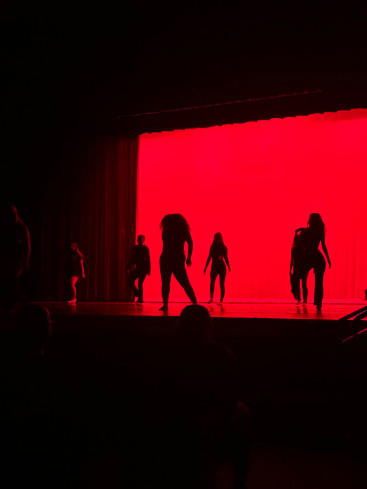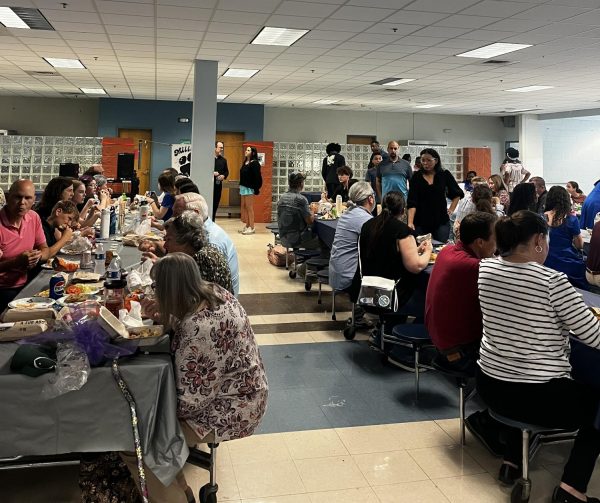Should drinking water be privatized?
Drinking water provided by a public supplier, junior Holden Cypher takes a break from lunch for a refreshment. Public suppliers are a great option for people to get drinking water at home.
October 15, 2019
In July of 2010, the United Nations General Assembly announced that the availability of clean water and sanitation are human rights. Contaminated water and lack of sanitation are linked to poverty and allow disease and child mortality rates to grow. It is recommended by doctors to drink eight cups of water a day, and more is needed for bathing as well as other sanitation purposes. Those without easy access to water face difficulty with maintaining their health. In the U.S., over half of our states use public systems as their main source of water. Public water systems provide safe drinking water for citizens and are funded by taxes. Another form of water systems is privately owned by companies. When these companies take over the supply, they operate public utilities and can cause conflicts with human rights as well as other negative effects.
One of the main effects that may negatively impact people is that private systems can limit the quality of water. Companies may also start to care more about profit than human needs, and raise prices unreasonably. A real-life example is when prices increase but quality decreases. Some water systems have had to be taken back by the government and returned to public systems because the water quality was unacceptable. When public systems are given to private companies, this causes a monopoly. Water monopolies can be harmful since water is a necessity, and only one company can supply it. With no other opportunities for consumers to change companies, they are forced to endure the inadequate service and their complaints are ignored.
Another negative effect is that the amount of people who are able to obtain water may decrease through private systems. Private water systems cost 59% more than public systems in a typical household. Those unable to pay large amounts of money for a necessity may suffer. Overall, private systems offer too many negatives for them to be the main source of water. Public systems must establish and enforce standards given by the U.S. Environmental Protection Agency due to the Safe Drinking Water Act. This ensures that the water will be of high quality and safe to drink. It also gives consumers peace of mind to know who they can contact to guarantee equitable water systems. Junior Paula Elizondo-Alvarez thinks that water should not be held back from communities: “Clean water is a necessity and you need it to survive. It’s crazy how some places don’t have access when it’s one of those things that seem like such an obvious need.” With more public water systems the U.S. can help to give everyone better ways of accessing their water.












